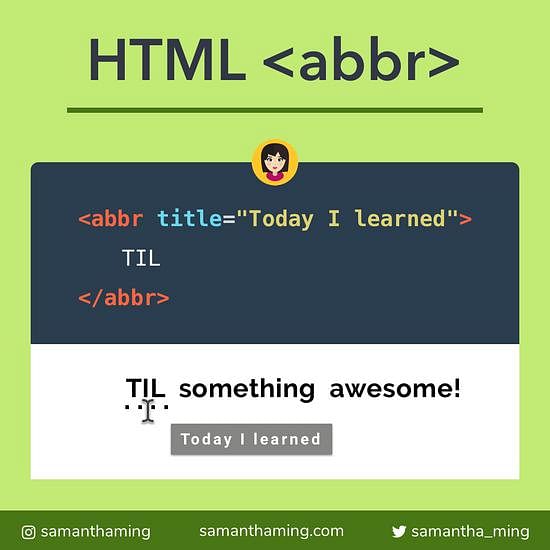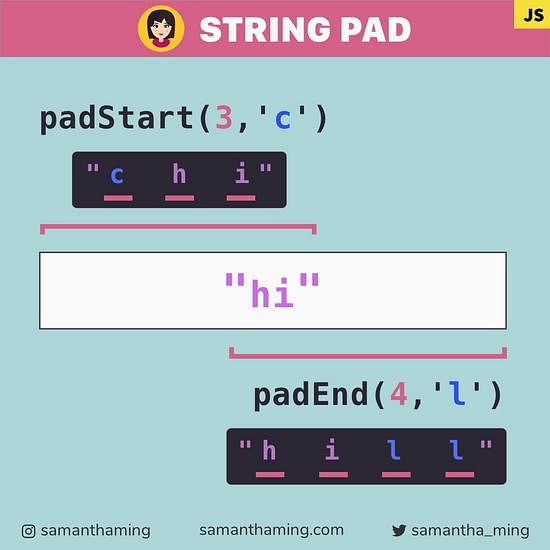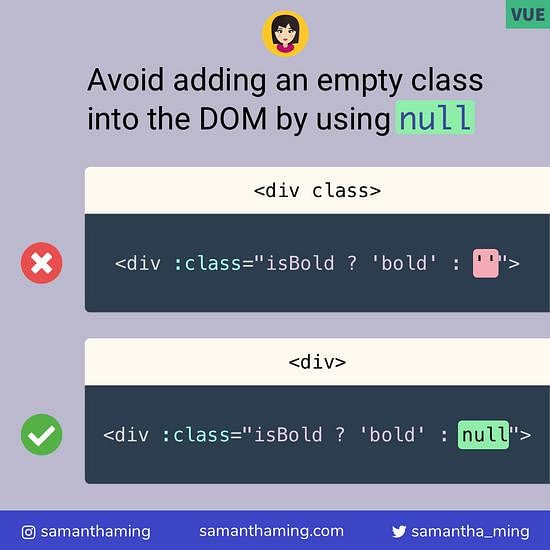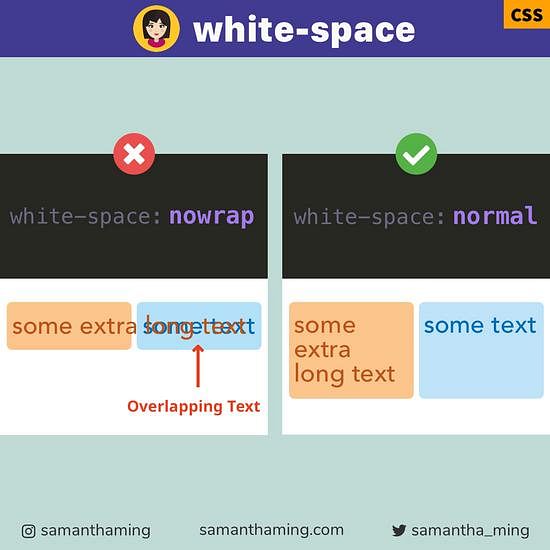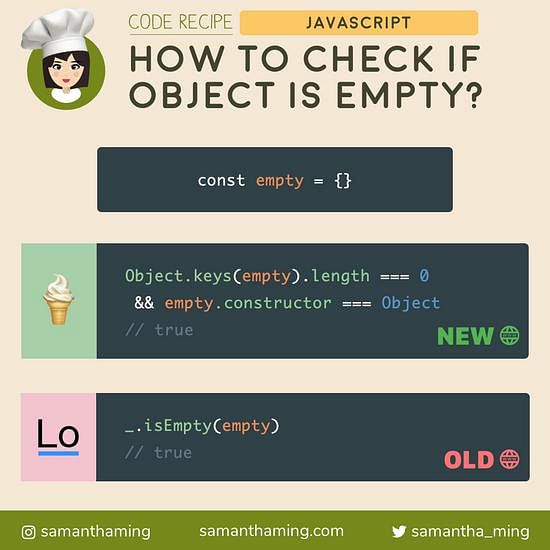# ES6 Arrow Functions Cheatsheet
Here’s a cheatsheet to show you the many ways to write your arrow functions.
// Explicit Return, Multi-Line
a => {
return a
}
// Explicit Return, Single-Line
a => { return a }
// Implicit Return, Multi-line
a => (
a
)
// Implicit Return, Single-Line
a => a
// Multiple Parameters, Parentheses Required
(a, b) => a + b
# Implicit vs Explicit Return
We have several ways of writing our arrow functions. This is because arrow functions can have either "implied return" or "explicit return" keyword.
With normal functions, if you want to return something, you have to use the return keyword. Arrow functions also have that. When you use the return keyword, it's called an explicit return. However, arrow functions up their game and allow something called implied return where the return keyword can be skipped. Let's look at some examples 🤓:
# Example A: Normal Function
const sayHi = function(name) {
return name
}
# Example B: Arrow Function with Explicit Return
// Multi-line
const sayHi = (name) => {
return name
}
// Single-line
const sayHi = (name) => { return name }
# Example C: Arrow Function with Implicit Return
// Single-line
const sayHi = (name) => name
// Multi-line
const sayHi = (name) => (
name
)
Notice the difference? When you use curly braces {}, you need to explicitly state the return. However, when you don't use curly braces, the return is implied and you don't need it.
There's actually a name for this. When you use curly braces like in Example b, it's called a block body. And the syntax in Example c is called a concise body.
⭐️ Here are the rules:
- Block body ➡️
returnkeyword is required - Concise body ➡️
returnkeyword is implied and not needed
# Parentheses
With a normal function, we always had to use parentheses. However, with Arrow Functions, parentheses are optional if there is ONLY one parameter.
# Parentheses are optional for a SINGLE parameter
// Normal Function
const numbers = function(one) {}
// Arrow Function, with parentheses
const numbers = (one) => {}
// Arrow Function, without parentheses
const numbers = one => {}
# Parentheses are required for MULTIPLE parameters
// Normal Function
const numbers = function(one, two) {}
// Arrow Function, with parentheses
const numbers = (one, two) => {}
# ⚠️ Arrow Functions Gotcha: Returning Objects
Remember I mentioned about the different body types - concise body and block body. Just to quickly update you in case you skipped that section (I'm a bit sad, but not offended 😝). Block body is where you use curly braces and have an explicit return. Concise body is where you don't use curly braces, and you skip the return keyword. Alright, now you're caught up, let's get back to the gotcha 🤯
Let's purposely break our code, so you can learn your lesson lol 😂
const me = () => { name: "samantha" };
me(); // undefined 😱
What?! Why isn't it returning my object. Don't worry, let's fix it by wrapping it in parentheses.
const me = () => ({ name: "samantha" });
me(); // { name: "samantha" } ✅
⭐️ Here's the rule:
- For a concise body, wrap object literal in parentheses
